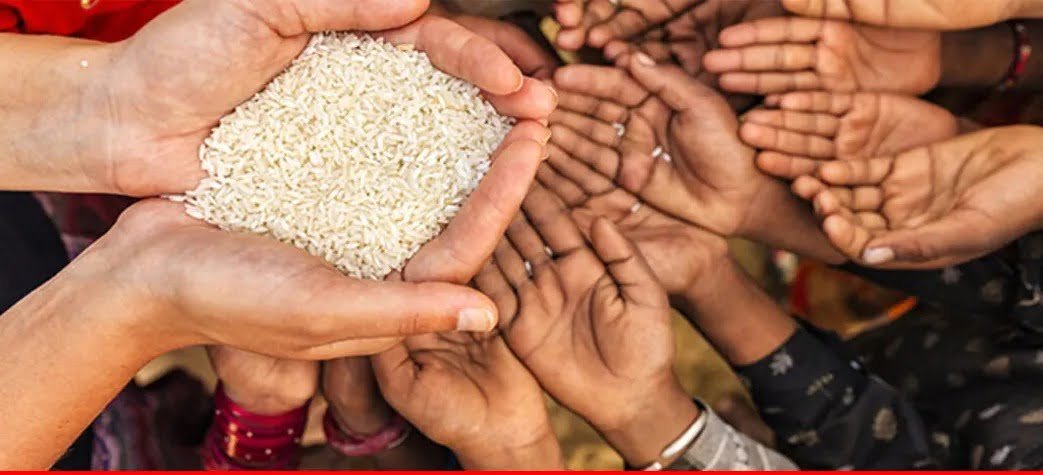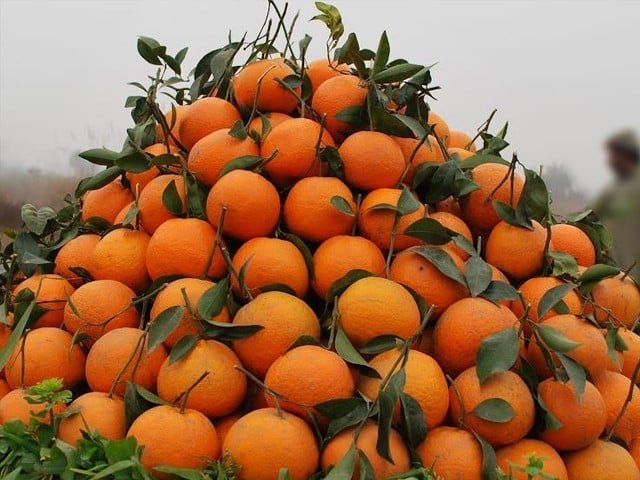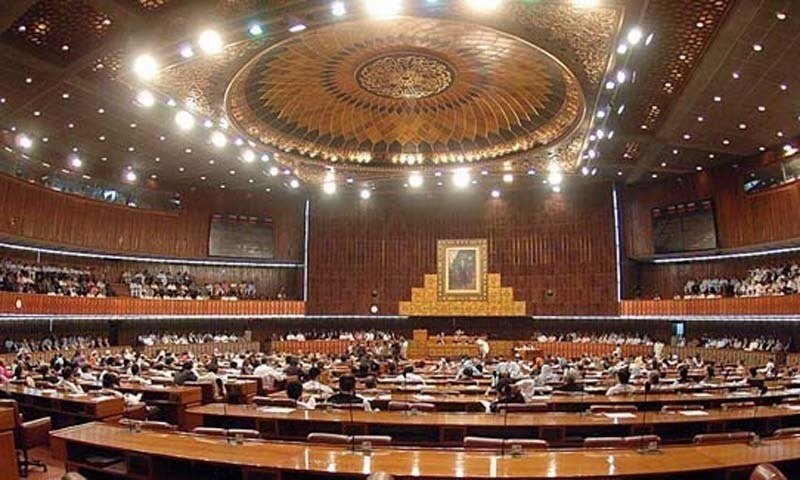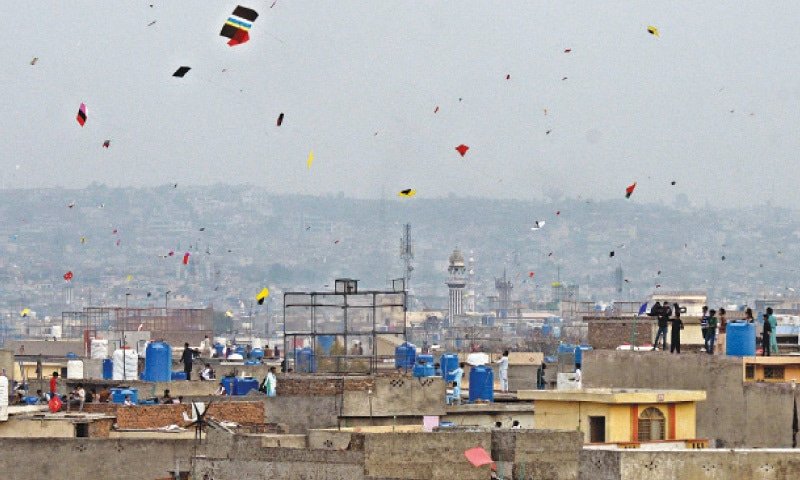Food security refers to the ability of a country or region to ensure that all its citizens have access to sufficient, safe, and nutritious food at all times. In Pakistan, food security is a major concern due to a number of factors such as population growth, climate change, water scarcity, and poverty. To address these challenges, the government of Pakistan has developed a number of functional strategies to implement food security mechanisms.
- Agricultural Productivity: One of the key strategies to ensure food security is to increase agricultural productivity. This can be achieved by improving the availability and accessibility of quality seeds, fertilizers, and other inputs, as well as increasing the use of modern farming techniques. The government can also provide subsidies to farmers to encourage the adoption of these practices.
- Food Storage and Distribution: Another important strategy is to ensure that food is stored and distributed efficiently. This can be achieved by building and maintaining storage facilities, improving transportation infrastructure, and establishing efficient distribution networks. The government can also set up food banks to provide emergency food assistance to vulnerable communities.
- Nutrition Education: Educating people about the importance of a balanced and nutritious diet is also crucial to ensure food security. The government can collaborate with schools, community centers, and health clinics to provide nutrition education and awareness programs.
- Social Safety Nets: Providing social safety nets such as cash transfers, food vouchers, and subsidized food can help ensure that vulnerable populations have access to food. The government can target these programs to low-income families, the elderly, and people with disabilities.
Provincial governments in Pakistan can also play an important role in ensuring food security mechanisms. They can collaborate with the federal government to implement the above-mentioned strategies and also take additional measures that are specific to their region. For example, in areas where water is scarce, the provincial government can invest in water conservation and irrigation projects. In areas where there is a high prevalence of malnutrition, the provincial government can focus on nutrition education and targeted food assistance programs.
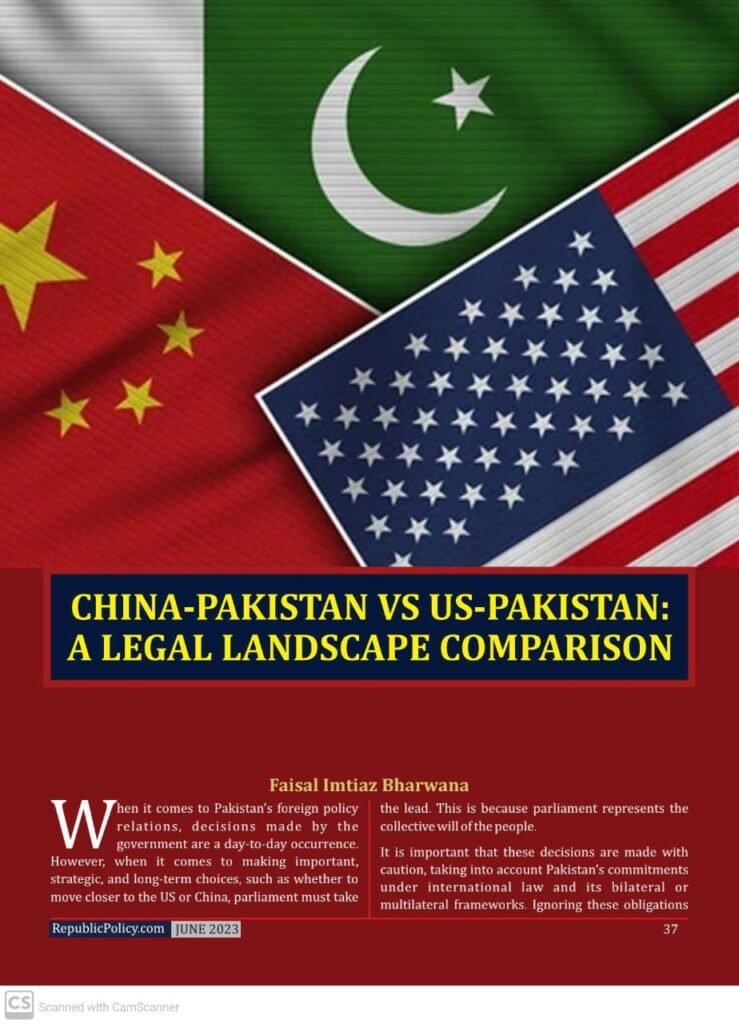
In conclusion, ensuring food security in Pakistan requires a multi-faceted approach that involves the federal and provincial governments, civil society organizations, and the private sector. By implementing functional strategies such as improving agricultural productivity, food storage and distribution, nutrition education, and social safety nets, the government can help ensure that all citizens have access to sufficient, safe, and nutritious food.



